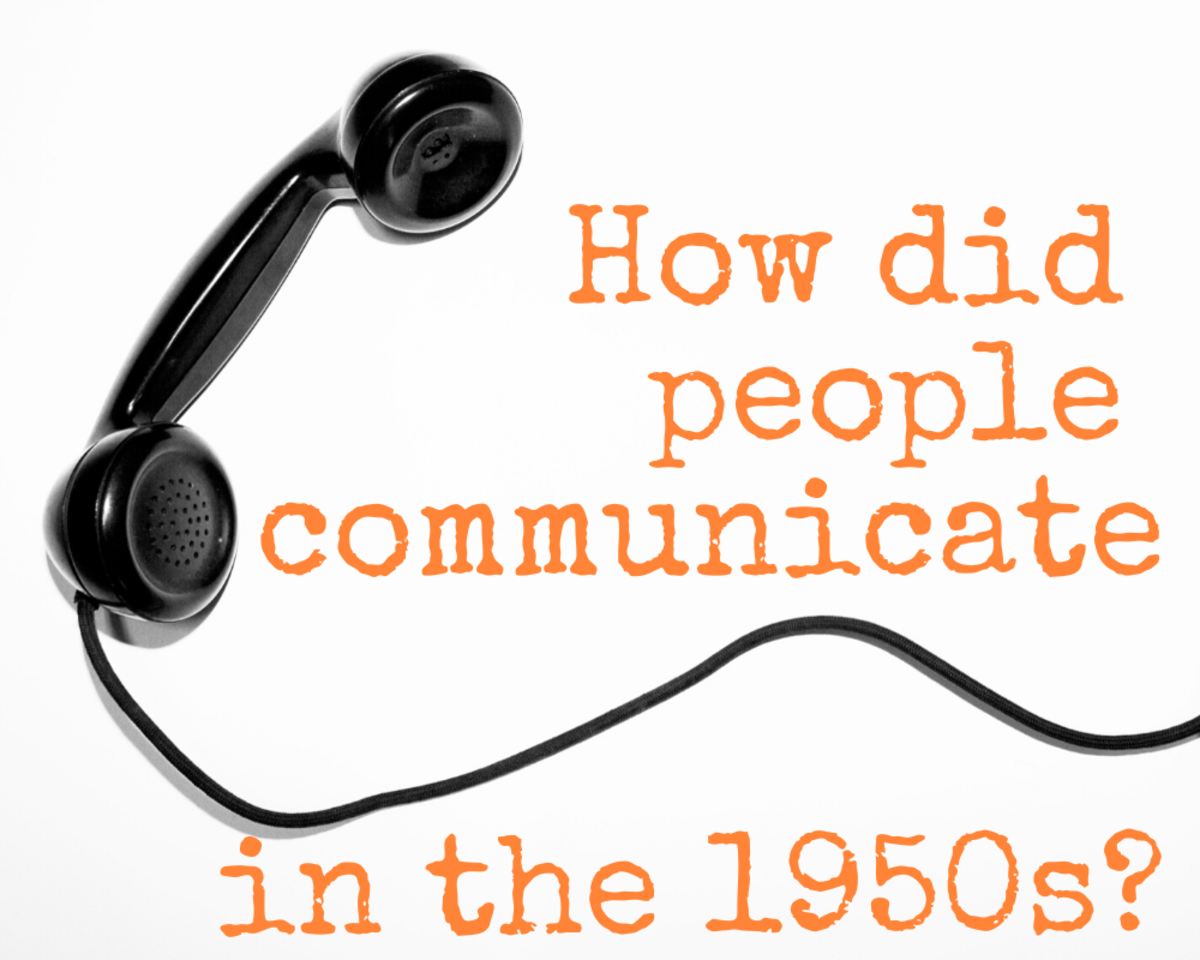The Uniqueness of Catchphrases
She Should Have Stayed in the Boat

What did you just say?
She should have stayed in the lifeboat.
It was an error not a hit.
Learn more about Venetian blinds in your library.
There are certain catchphrases that certain people among us know whenever they hear them. No explanation is needed.
“She should have stayed in the lifeboat.”
If Rose (Kate Winslet) had stayed in the lifeboat in the movie, “Titanic,” Jack (Leonardo DiCaprio) would have had the floating door all to himself, would have survived the night and been rescued to the Carpathia, and the two star-crossed lovers would have lived happily ever after. Instead he froze to death. She should have stayed in the lifeboat. Of course, then there would have been no blockbuster movie.
"It was an error not a hit."
Tom Glavine, Braves starting pitcher in 1995, threw what some baseball fans will always consider to be a no-hitter to win Game Six of the World Series, giving that Atlanta team their only championship to date. It was only the fifth one-hitter in Series history. But that lone sixth inning hit was a routine ball to shortstop Raphel Belliard, who bobbled the ball allowing Cleveland’s Tony Pena to reach first safely. It should have been an easy out or so many die-hard fans will always believe. If Belliard had been charged with the error, the no-hitter would have survived for the history books.
Every subset of our society has these catchphrases whose meanings are known only to insiders in that group. Cops, lawyers, college students, they all have their own vocabulary. If you work in newspapers, you speak newspapers. If you are an educator, you speak teacher. I was an Army wife, so my children and I speak Army.
"It’s five o’clock in central Europe. The news is next on AFN."
The Armed Forces Network was our only source of American information when we were stationed in Germany in the early 1980s. We lived in contracted housing on the local economy, and the only television we received was German. Try as we might, our limited ability to speak or even understand what we heard made this form of entertainment usually just not worth the trouble. I think in three years we only managed to enjoy the Wimbledon finals. Words were not necessary to get that Bjorn Borg and John McEnroe were going to be the ones in the final match - again.
So the radio was always on. The latest U.S. music and news kept us company along with this new-fangled invention: the VCR. Amazing. You could watch Dr. Zhivago whenever you wanted. But watching it every night soon took all the fun out of it. And with movies costing upwards to one hundred dollars a pop, we soon returned to the radio for company. And every hour, on the hour, we heard the same catchphrase: It’s (one, two . . . twelve) o’clock in central Europe. The news is next on AFN.
To this day, some thirty-plus years later, any time someone in my family hears “It’s ten o’clock” one of us will answer “in central Europe. The news is next on AFN.” Those within earshot wonder what the heck we’re talking about. But we know.
On our second overseas tour, AFN television had grown to the point it reached virtually all U.S. service members and their families, even to the most far-flung reaches of the globe. In Saudi Arabia we enjoyed these technological advances in the early 1990s. The way it worked was AFN bought U.S. television programming. Because they had already paid for the programing, there was no need to show the advertising. In fact, they were prohibited from showing it. So they replaced it with public service ads.
“It’s a fact in the Library of Congress. Learn more about Venetian blinds in your library.”
How to avoid the threat of terrorism was on one end of the spectrum and things like how to operate Venetian blinds to cool a room was on the other end. But whatever the content of the ad, they all ended with this catchphrase: “It’s a fact in the Library of Congress. Learn more about (whatever) in your library.” So, to this day, some twenty-plus years later, anytime we hear someone say, “It’s a fact” someone in our family will finish with “in the Library of Congress. Learn more about Venetian blinds in your library.” People then look at us strangely. But we know what we’re talking about.
"Damned few left"
My penchant for ArmySpeak has even spilled over into my civilian life. I am one of a group of girlfriends who have all known each other from at least sixth grade. Two of the four women go back to the womb, as their mothers were also friends. On the rare occasion we happen to be served alcoholic beverages – really as seldom as an eclipse of the moon – one of us will start the toast: “Here’s to us and those like us.” The other three will chime in, “damned few left.” For those military historians out there, yes, we’ve borrowed the toast from the Old Guard, those recruiting poster soldiers who stand vigil over the Tomb of the Unknown Soldier. It’s not original, but we’ve made it our own. Apologies to the First of the Third Infantry.
“You lived on a compound in Saudi Arabia if-”
Recently I stumbled upon a Facebook page that was titled “You lived on a compound in Saudi Arabia if-”. It was full of oddities (not always catchphrases) you’d only relate to if you’d had that unique experience of living in the Middle East. The funny thing was young adults who had been children remembered certain things, and adults remembered others. But all of us remembered all of them once they were shared. The page brought back things I’d forgotten I ever even knew, like the Philippine worker who always led the water truck through the compound. This practice became SOP (know that acronym?) because a child had gotten his foot run over by the truck because the driver sat up so high off the road, he couldn’t see how close he was coming to the sidewalk. It became standard practice on all the compounds in Riyadh housing westerners.
Or, you know you lived on a compound in Saudi Arabia if you still step outside a room and slap the wall by the door frame to turn off the light in the room you just left. It’s muscle memory at work even years later. In that part of the world they do something we’d do well to adopt in the west. They put the light switch for a room out in the hallway, so you turn on the light before entering the room and turn it off after you leave. I actually miss that.
The page is full of catchphrases from that specific experience: happiness is an exit only visa, you're short when you're in single digit prayer calls, the tearoom, hey there's a bathroom on the side of the road - see the wrecked car?!
Catchphrases. We all have them in our personal vocabulary. Whatever language you speak as your first, second, or adopted language, those who speak the same language of catchphrases as you “get” what you are saying even when others overhear you, shake their heads, and think you’ve lost your mind.
Roger that?









